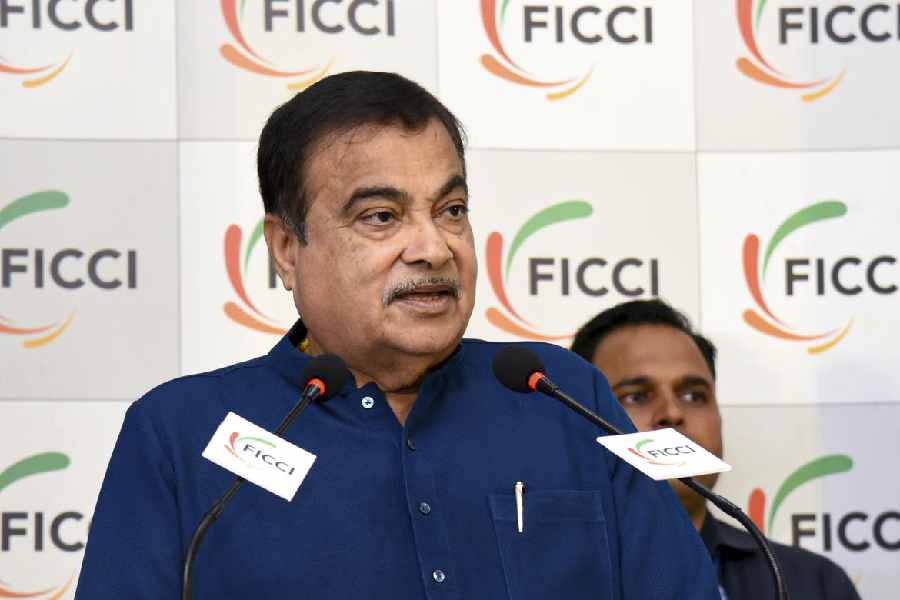Union minister for road transport and highways Nitin Gadkari has directed the installation of QR codes on all national highway projects across India, enabling citizens to access real-time project information and contact details of those responsible for each road stretch.
“Why should I alone get blamed? The QR code will display who the contractor, consultant, and officials are,” Gadkari said, adding that the system decentralises accountability and promotes diligent performance.
The initiative aims to improve transparency and accountability in highway construction and maintenance. Commuters will be able to scan QR codes displayed on information boards along highways to view details such as contractor names, project costs, deadlines, and funding sources. Emergency helplines will also be included.
Gadkari said the move follows persistent public demand for clarity over the quality of roads and infrastructure spending.
The push gained momentum after Bengaluru entrepreneur Anuradha Tiwari’s viral post questioned why consumers can trace a product’s maker but not road project details.
To enhance transparency further, the ministry has asked the National Highways Authority of India (NHAI) and project developers to share construction progress videos on YouTube. Officials said drone footage already captured during construction can be used for this purpose.
Road transport secretary V. Umashankar said that feedback from YouTube and social media would be incorporated into project monitoring. “We get valuable insights from videos uploaded by independent users,” he noted.
Gadkari reiterated that all road development must be “people-centric”, focusing on comfort, safety, and sustainability. He said the ministry’s annual toll revenue, currently around Rs 55,000 crore, could rise to Rs 1.4 lakh crore within two years, driven by upgraded road infrastructure and logistics efficiency.
The minister added that 25,000 km of highways are being upgraded to four lanes under a Rs 2 lakh crore plan, with a focus on linking major ports and religious tourism circuits. Environmental balance remains a key concern, he said, citing the transplantation of 8,500 trees along the Dwarka Expressway.
“Every rupee invested in infrastructure generates three rupees of economic growth,” Gadkari said.
(With inputs from agencies)











